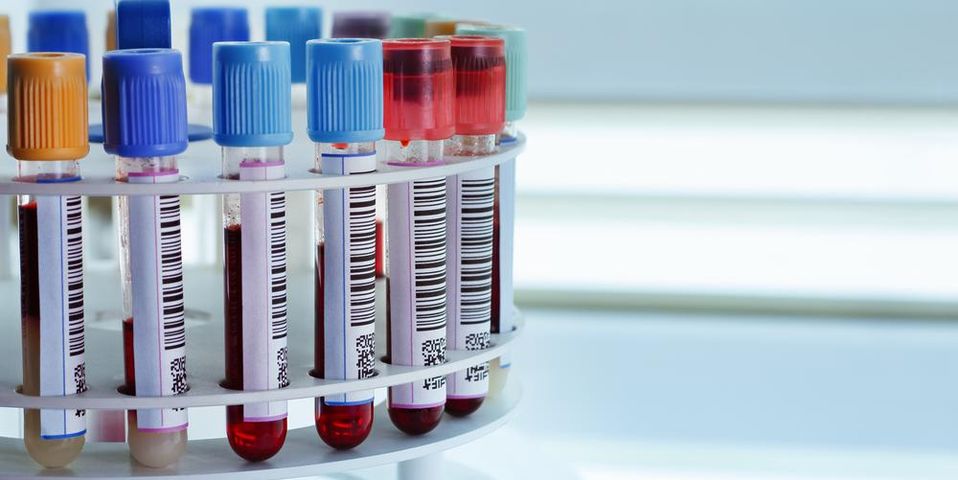Explore a Grandparentage Test for a Missing or Deceased Father
By AccuDNA

Determining if someone is the father of a child can be difficult if they’re missing, deceased, or unwilling to cooperate. It can also be extremely important for the mother and child to know, which is why the staff at AccuDNA in St. Louis, MO, advises that a grandparentage DNA test may still provide the answers. This unique method skips over immediate genetic hurdles to still achieve accurate biological testing and is a viable option if you’re dealing with complications involving a child’s potential father.
What Is a Grandparentage Test?
 This test works similarly to a paternity test in that it uses DNA from a grandfather or grandmother to determine if the child is related. It is most commonly used when the parent in question has passed away, gone missing, or is unwilling to cooperate with testing.
This test works similarly to a paternity test in that it uses DNA from a grandfather or grandmother to determine if the child is related. It is most commonly used when the parent in question has passed away, gone missing, or is unwilling to cooperate with testing.
During the test, technicians take some of the grandparent’s DNA as well as the grandchild’s. The DNA is analyzed in a laboratory, which allows technicians to make a determination about relation. While it’s not as accurate as paternity testing, a grandparentage test can still detect correlations. It’s best when both grandparents can participate, as that will provide the most conclusive results.
How Can It Identify a Father?
When a child is born, 50% of their DNA comes from each parent. In theory, 25% then comes from each grandparent, so if both grandparents provide DNA for a grandparentage test, it should, in theory, provide a detailed breakdown of correlations with the grandchild’s DNA. It is then possible to determine a relation with a deceased or absent father.
If you’re interested in scheduling a grandparentage test or related DNA testing, turn to the professionals at AccuDNA. They’ve offered a variety of testing services since 2005 and are committed to providing private, comprehensive testing for their clients, including testing necessary for criminal cases. Call (314) 845-9997 today to schedule a test and visit their website or Facebook page to learn more about their services.
About the Business
Have a question? Ask the experts!
Send your question

